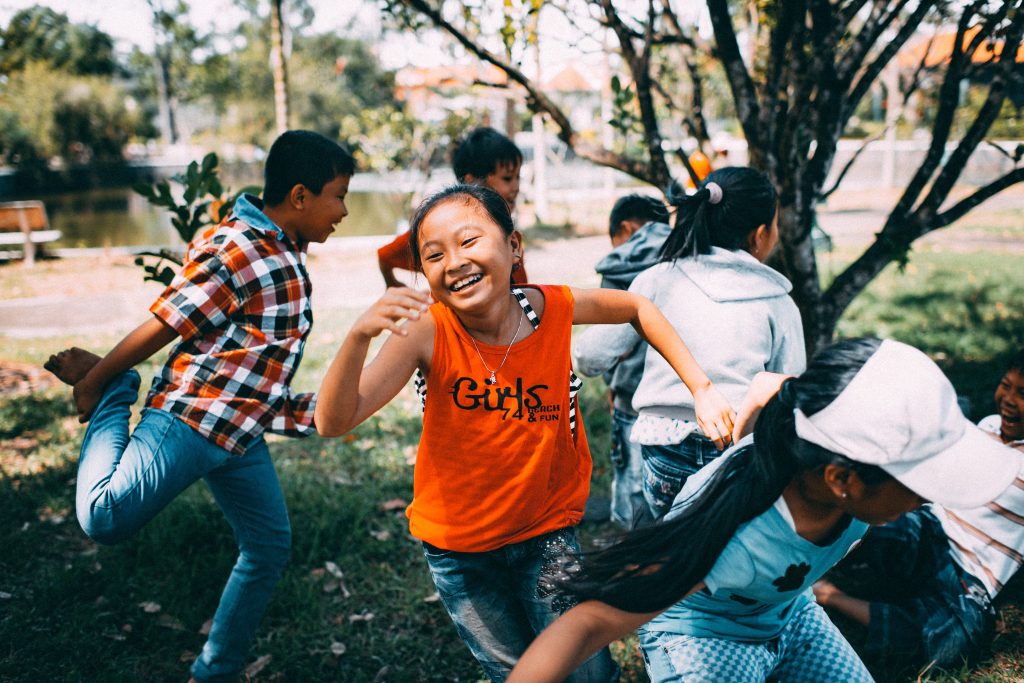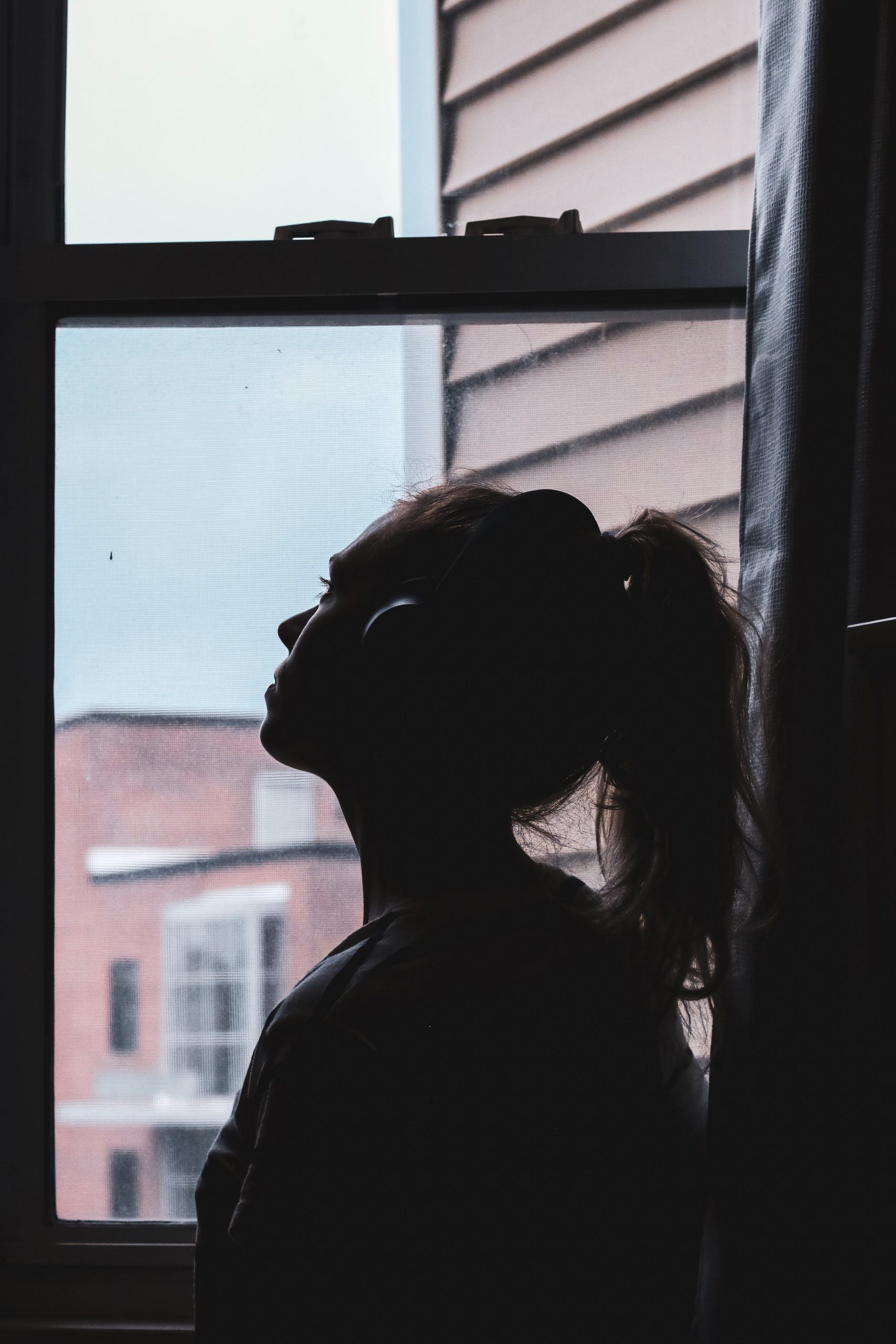News from the USA this week involves legislation being introduced in various states to limit children’s access to social media. As evidence mounts of the harm social media causes children, governments seem to finally be stepping up to try and gain some control. But are the proposed laws appropriate? Are they even enforceable? Or is there a better way to undo the harmful effects of years of social media companies running rampant and unregulated?
Where are the bans and why?
The US state leading the charge with new anti-social media legislation is Utah. The new laws would limit under-18s access to social media. Age verification would be required to prove the child is older than 13, the current legal age to be able to use social media. Parental permission would be required for a child under 18 to create a social media account. Further permission is then needed to access that account between the “curfew” hours of 10.30pm and 6.30am (you know, when folks should be sleeping, not scrolling). Lastly, parents will be given full access to children’s social media accounts to monitor what they are looking at and posting. Following Utah with similar legislation are Arkansas, Iowa and Wisconsin (and likely others as time goes on).
California already signed a bill last year banning the largest social media companies from collecting and selling children’s data, tracking their location and “designing features detrimental to children’s well-being.” And we know now for sure that social media had been detrimental to their well-being, and has been for a long time. Mental health is speedily declining amongst children and teens, and the finger of blame can be pointed squarely at social media. Regulation is definitely needed.
But is this the way to halt the damage?
Unfortunately, the solution isn’t as easy as these new laws make it out to be. There are a handful of issues standing in the way of success here. Firstly, the system is very reliant on parents making sensible decisions. How parents choose to raise their children is its own debate, but if they give full permission to their children’s social media use, and do no monitoring of it themselves, the legislation is useless and the harm continues as before. Even if parents don’t give permission, children today are ‘digital natives’, and they’ll likely find ways around any new restrictions.
Then, there’s the question of privacy. To verify ages, personal information such as copies of ID and photos/scans of children’s faces will likely be needed, depending on the systems platforms choose. People may be reluctant to provide this. However, anyone with a fairly modern mobile phone is probably using/ has used facial screen unlocking software. So let’s be honest, that boat has sailed.
The concern about a loss of children’s access to online support structures is more pressing I think. For example, LGBTQIA+ children (especially in highly conservative US states where this legislation is appearing) can find help and advice through social media, without fear of judgement and discrimination from family. These new laws may ‘out’ them, and place them in unsafe situations, and/or affect their mental health. However, marginalised groups aren’t immune from the same damage social media causes everyone. A system is needed that is more respectful of the privacy of those who are ‘coming-of-age’. They need freedom to build who they are as people.

There are gentler (and likely more successful) ways to separate ourselves from Social Media
Most countries restrict children’s access to things that are proven to harm them, such as alcohol and tobacco. However, I think the situation with social media is more complex and nuanced. What we all need (not just children) is more education on how and why social media harms us. In addition, the responsibility for limiting harm should be on social media companies, not individuals and parents. This is why I believe the Californian laws are a better direction to go in. Creating features detrimental to anyone’s wellbeing should not be permitted any longer.
We should be able to exist in harmony with the online world we have created. LifeBonder uses the system shaping our digital lives to offer an alternative to the damaging social media we have now. While the goal seems to be the same: connecting with people online, the end result is far more beneficial to us. True connection happens in the real world. In the Mesaverse rather than the Metaverse. By linking us together outside of social media, using social media, LifeBonder will help us find this harmony.



